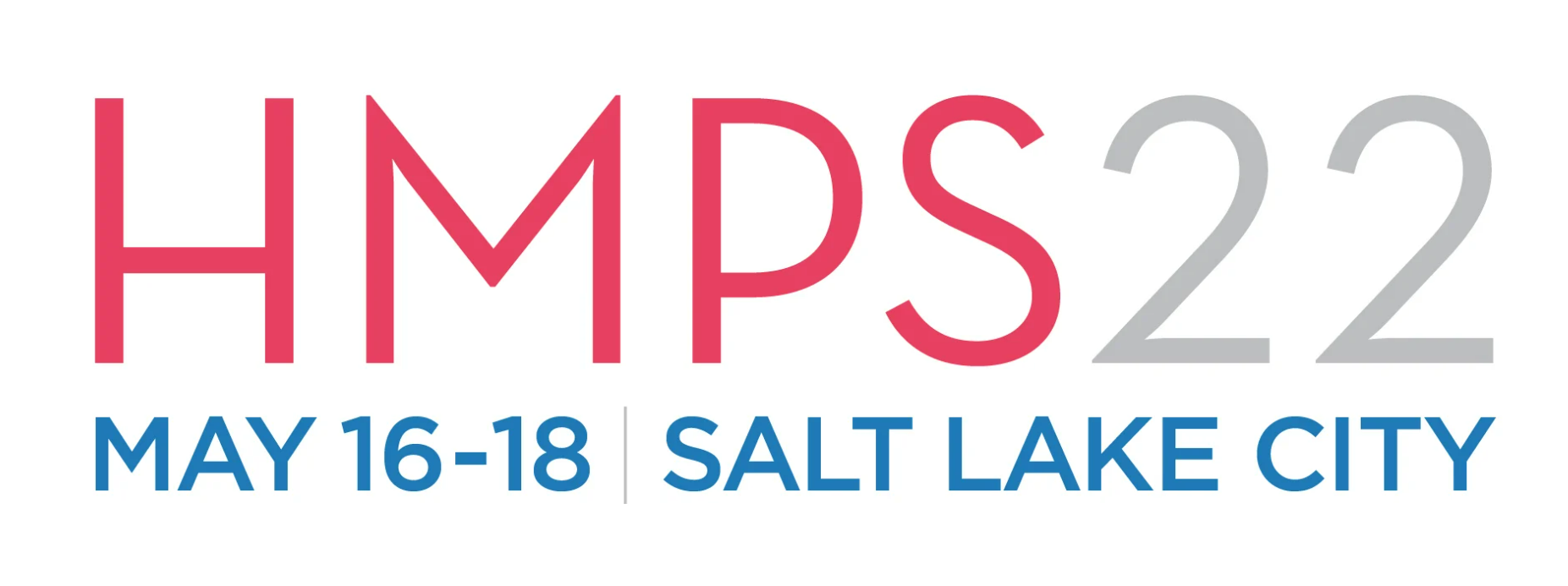Building a Next-Gen Marketing Team
In May, members of The Ward Group team had the privilege of attending the Healthcare Marketing & Physician Strategies (HMPS) Summit in Salt Lake City, where our Vice President Jerry Grady moderated a panel discussion on “Building a Next-Gen Marketing Team.” Jerry was joined by healthcare marketing executive leaders:
Kelly Faley, Vice President of Digital Strategies at Sharp Healthcare
Laura Kunzelmann, Partner at Grey Group
Don Stanziano, Chief Marketing & Communications Officer at Geisinger
As testament to the transformation taking place in healthcare marketing, each speaker offered insight on a variety of topics, including the rise of consumer-centricity, how to drive the cultural change to adopt a more customer-centric approach, and what kind of talent is needed in next-gen marketing teams.
The panel began with universal agreement that a successful marketing team is one built to effectively influence, impact, and achieve the overall strategic goals and objectives of the organization. To do that, Kelly Faley noted that “consumerism has been the greatest gift to healthcare marketing, because we own the voice of the customer and have the data to support our strategic recommendations.” With this great power comes great responsibility to meet customers’ needs. Laura Kunzelmann, who has run the University of Pittsburgh Medical Center account at Grey for over ten years, stressed that semantics matter:
“It may just be a word, but we don’t refer to patients as patients, but as people; it brings humanity into our consciousness and brings a consumer-centric mentality to the forefront of our thinking and approach.”
The speakers stressed that marketing and operations must share a tight, seamless relationship to deliver the optimal customer experience. “It’s easy to make a marketing campaign. It’s much harder to do the change management work required to deliver on the campaign. That often requires an organization’s need to make operational change,” emphasized Stanziano. To truly deliver consumer-centricity, healthcare organizations need to dedicate as much focus to the operationalization of the customer experience than is given to marketing it. This inter-dependency between marketing and operations in pursuit of the optimal customer experience will make for another great panel!
Cultural change is driven and enacted from the ground up—in hiring employees and building teams of skilled professionals who firmly believe in and are driven by the organization’s mission and goals. “Regardless of the product or service itself,” Kunzelmann stressed, “it is whether an employee truly connects with the brand that makes all the difference… You have to promote the organization’s mission and culture because if [employees are] into it, it’s incredibly powerful.”
On the topic of driving cultural change, the panel transitioned into a discussion of what change agents and a next-gen marketing team look like. In short, the type of talent organizations seek is evolving. The need for people with specific, functional capabilities (i.e., digital marketing, brand, public relations, analytics, etc.) “is not unimportant anymore,” offered Stanziano, but “the difference is that now I look for good thinkers…
“People who are strategic, are problem solvers, have situational awareness, and are open to helping not just the organization change, but open to changing themselves.”
Employees who are “agile…multifaceted, and can successfully transition between specialties and verticals in an organization are a tremendous asset” at a time when the lines in the industry are blurring, he added.
In many respects, “Building a Next-Gen Marketing Team” just scratched the surface of how healthcare marketing and the teams that practice it are changing. Customer-centricity, openness and ability to drive change, strategy and agility are all characteristics emerging in today’s healthcare environment. Building a marketing team of the next generation will require organizations to evolve to meet the higher expectations of consumers. This panel engendered a deeper discussion moving forward as to what effective change embodies and how to successfully operationalize it.
